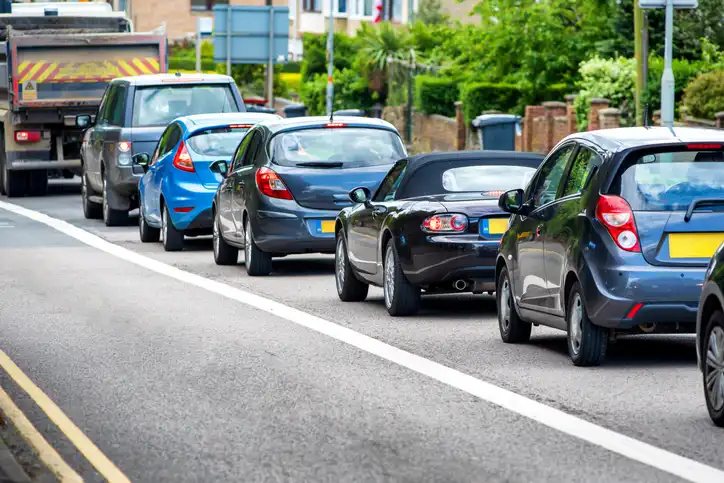
It’s not just the population that’s ageing. UK roads are too. The average car in the UK is now almost 10 years old, the highest it’s ever been. That’s mainly because people are holding onto their vehicles for longer, with new car sales slowing down again in July.
According to the RAC Foundation, the average age of a car is now nine years and 10 months. That’s nine months older than last year and over three years older than in 1994.
RAC Foundation director Steve Gooding says that’s not necessarily a bad thing. “On the plus side, for motorists, the design and build quality of modern cars mean they are looking good and running reliably for far longer - the days of them rusting away before your eyes are well and truly behind us.”
Petrol cars tend to stick around the longest, with an average age of 10 years and four months, slightly more than diesel cars. And get this, around 40% of cars on UK roads today are over 10 years old.
So, why aren’t people switching to newer or electric cars? A big part of it is cost. Car sales across the UK dropped 5% year on year in July, and electric vehicles (EVs) still only make up about one in five new car registrations. That’s well short of the government’s 28% target for the end of 2025.
Sales have been sliding since 2016, thanks to a mix of the COVID-19 pandemic, rising living costs, and general uncertainty about the future of petrol and diesel cars. Gooding also pointed to mixed messaging around when those types of cars will be banned, which isn’t exactly helping people feel confident about going electric.



